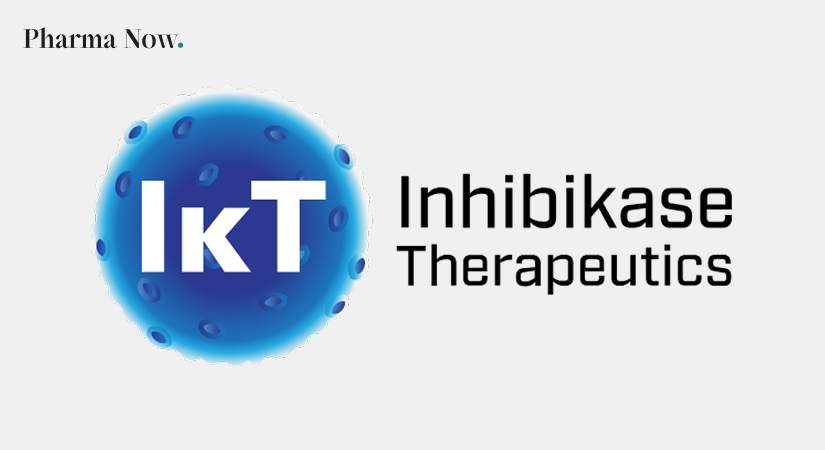Inhibikase Advances IKT-001 Into Adaptive Global Phase 3 IMPROVE-PAH Study Targeting Pulmonary Vascular Resistance And Exercise Capacity In PAH
Inhibikase to launch global Phase 3 IMPROVE-PAH trial of IKT-001 in Q1 2026, aiming to improve outcomes and accelerate treatment options for PAH patients.
Breaking News
Nov 21, 2025
Simantini Singh Deo

Inhibikase Therapeutics announced plans to advance IKT-001 into a pivotal global Phase 3 clinical trial for pulmonary arterial hypertension (PAH), with the IMPROVE-PAH trial scheduled to begin in the first quarter of 2026. The company aims to assess the investigational therapy’s potential to improve key clinical outcomes for patients living with PAH, a severe cardiopulmonary disease.
IKT-001 is a novel pro-drug version of imatinib mesylate, a tyrosine kinase inhibitor that has shown meaningful improvements in pulmonary vascular resistance and exercise capacity in previous studies. Although earlier Phase 3 research demonstrated clinical benefit, high discontinuation rates affected the results. IKT-001 has been engineered to provide the therapeutic advantages of imatinib while improving tolerability for long-term treatment.
Inhibikase previously planned a Phase 2b trial but shifted strategy after FDA feedback during a Type C regulatory interaction. As a result, the company will proceed directly to a two-part adaptive Phase 3 study with a dose-titration phase and continuous enrollment. Part A (140 patients) will measure pulmonary vascular resistance at Week 24, while Part B (346 patients) will focus on six-minute walk distance at the same time point.
The IMPROVE-PAH study is expected to enroll patients across approximately 180 global sites. According to CEO Mark Iwicki, this adaptive design and drug profile could accelerate Phase 3 topline results and potential NDA submission by up to three years, supporting a significantly faster development timeline for patients who urgently need improved treatment options.
